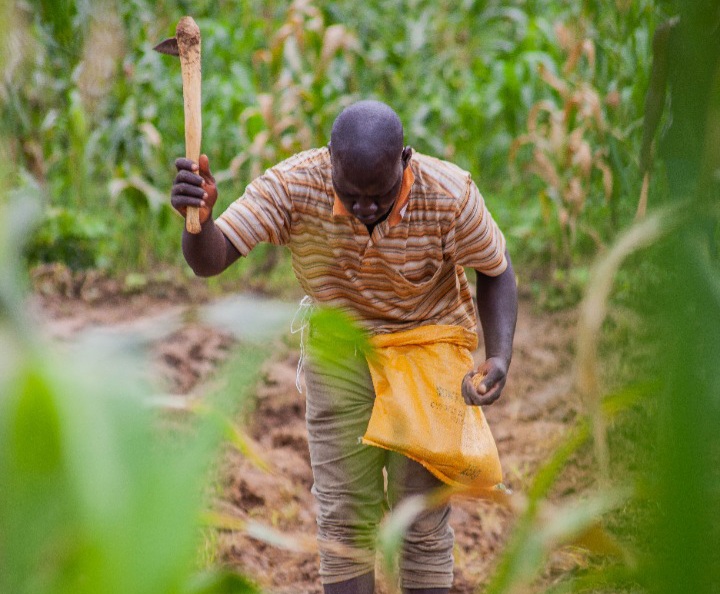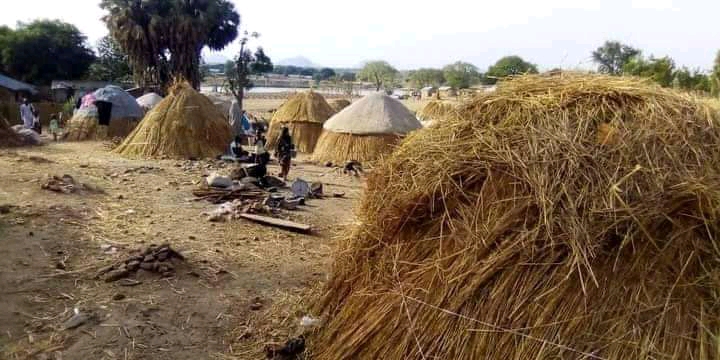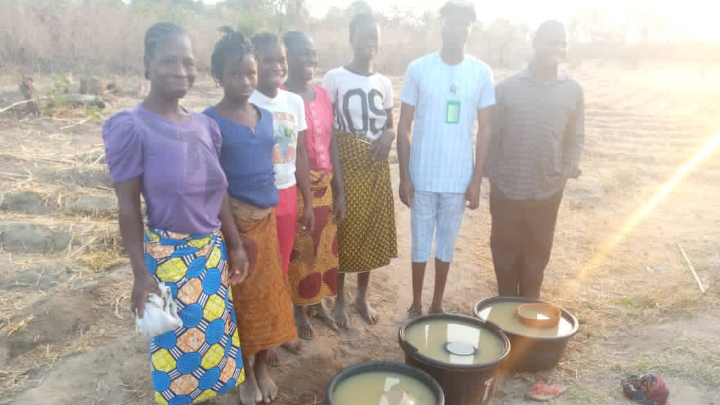“We used to have the best of lands. We used to have foods in their varieties that we never had to buy. We produced and ate everything we needed,” says Mubarak Danladi, a resident of Galadima Kogo, a town in Shiroro LGA of Niger.
Danladi, 34, cultivates maize, rice, and yam and also sells mobile phone accessories in a small shop in the community.
“Everybody in Galadima Kogo is a farmer,” he said and proceeded to talk about how farming went from being a popular practice to a dangerous endeavour in his part of the country.
Danladi explained that banditry became rampant in 2015 and ravaged several neighbouring communities, but Galadima Kogo was spared until the first attack in January 2020 when the village was shaken to its core.
Advertisement
Bandits had attacked and kidnapped a group of Chinese workers who were constructing the Erena-Shiroro road and demanded N300 million as a ransom for their release. The Chinese workers were later released but there was a second invasion which resulted in the abduction of nine locals and destruction of properties.
Danladi said the bandits told the villagers to stop scampering for safety because they had only come to “take some things”.
A young boy was shot on his leg when he refused to stop running as ordered, Danladi added.
Advertisement
“They stormed the village and started shooting. Since they started invading the town, they had never killed anyone,” he said.
Danladi says he has not been able to access his farms in two different neighboring villages, Galapai and Goffa, for several months. The farms are embedded in banditry-affected areas. He listed Iburo, Pabere, Makera, Kudodo, Dnassa, Galapai, Goffa, Jajaidna and Kusasu as villages where bandits have invaded.
“Most of us who have farmlands in these villages have stopped going there, we now farm in our villages because if you go to those communities, you will be killed instantly when they meet you on the farm. They have become landlords of our farmlands,” he said.
‘BANDITS PUT VILLAGERS TO WORK ON FARMS’
Advertisement
Aminu Yahya, 25, plants maize, rice, soya beans, yam and millet in Galadima Kogo. He once had farms in Iburu and Goffa, but nowadays, his farming activities are limited to Galadima Kogo, seeing as bandits have warned them against visiting the farms in the conquered areas.
Yahya is more disturbed about his rice farm where he usually harvests 100 to 200 bags. He explained that some of the lands seized by the bandits are “no-go areas”.
At some of the communities that have entered into a ‘payment for peace’ deal, the bandits often select residents to cultivate the lands, sell the produce and give the money to them at the end of the harvest period.
“I am too scared to go and farm on those lands. Most of our friends who had dared them (bandits) were all killed, none had ever returned alive,” he said.
Advertisement
Yahya also sells agrochemical products in a small shop that was destroyed by bandits some months ago. He explained that while he has been trying to revive his shop, business is bad as they are always on the run.
“The village is a terrifying place now, farmers are scared of planting because of the unexpected invasion and we no longer have security men in Galadima Kogo,” he said.
Advertisement
Before the forceful invasion of bandits changed the lives of farmers living in bandits-targeted areas of northern Nigeria, there was relative food security, and micronutrient deficiency was limited among children, while farming was an avenue for people to escape poverty.
President Muhammadu Buhari had on July 19 said the insecurity in the country “has produced severe and adverse effects on agriculture because farmers are prevented from accessing their farms by bandits and terrorists”.
Advertisement
The president had said his government is taking measures to address the security challenges, adding that the “delivery of fighter aircraft and other necessary military equipment and hardware” will improve the capacity of the security operatives to tackle terrorism and banditry.
But with the spate of attacks and destruction of food crops and farmlands continuously increasing in the interim, a consequential withdrawal from farming activities becomes inevitable, resulting in higher food prices, and will ultimately worsen food security in rural parts of the country.
Advertisement
Add a comment






